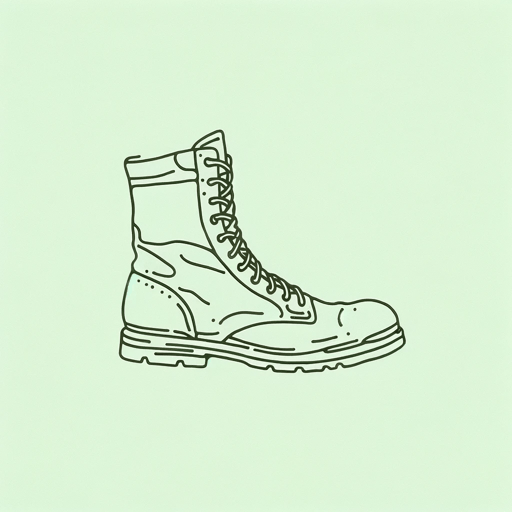43 pages • 1 hour read
Kathleen BelewBring the War Home: The White Power Movement and Paramilitary America
Nonfiction | Book | Adult | Published in 2018A modern alternative to SparkNotes and CliffsNotes, SuperSummary offers high-quality Study Guides with detailed chapter summaries and analysis of major themes, characters, and more.
Important Quotes
“While white power activists held worldviews that aligned over overlapped with those of mainstream conservatism—including opposition to immigration, welfare, abortion, feminism, and gay and lesbian rights—the movement was not dedicated to political conservatism aimed at preserving an existing way or life, or even to the reestablishment of bygone racial or gender hierarchies. Instead, it emphasized a radical future that could be achieved only through revolution […] the founding of a racial utopian nation.”
(Introduction, Page 5)
Kathleen Belew generally avoids the term “right-wing,” even “right-wing extremist,” to make clear that she is talking about something quite separate from the conservative movement, much less the Republican Party. Political ideology is a limited spectrum, so partisans and even moderates are likely to have some sliver of overlap with extremists, but Belew wants to clarify that she is talking about a social movement that operates in its own ecosystem.
“The story of white power as a social movement exposes something broader about the impact of state violence in America. It reveals one catastrophic ricochet of the Vietnam War, in the form of its paramilitary aftermath. It also reveals something important about war itself. War is not neatly contained in the space and time legitimated by the state. It reverberates in other terrains and lasts long past armistice. It comes home in ways bloody and unexpected.”
(Introduction, Page 16)
Exactly one year before his assassination, Martin Luther King, Jr., warned that the Vietnam War and racism at home were mutually reinforcing systems of domination and violence. Belew’s book is in many respects a validation of that thesis, as the extraordinary violence that the US inflicted abroad, with an army of conscripts disproportionately drawn from the ranks of the poor and non-white, could not possibly have limited itself to faraway theaters.
“[Beam] brought many things home with him: his uniform, virulent anticommunism, and hatred of the Viet Cong. He brought home the memory of death and mutilation sealed in heavy-duty body bags. He brought home racism, military training, weapons proficiency, and readiness to continue fighting […] indeed, he brought home the war as he fought it, and dedicated his life to urging others to ‘bring it on home.’”
(Chapter 1, Page 20)
In a likely nod to Tim O’Brien’s classic Vietnam War novel, The Things They Carried (1990), Belew discusses the things that Louis Beam and other veterans brought back from Vietnam, rather than what they carried over the course of the war itself. Just as O’Brien’s men carry sacks and weapons along with memories and fears, Beam brought home a set of skills and, no less importantly, a set of grievances and traumas that he would work out at the expense of the government he blamed for his troubles in the first place.
Featured Collections
Books on U.S. History
View Collection
Common Reads: Freshman Year Reading
View Collection
Memorial Day Reads
View Collection
Military Reads
View Collection
Nation & Nationalism
View Collection
Politics & Government
View Collection
Sociology
View Collection
The Best of "Best Book" Lists
View Collection
True Crime & Legal
View Collection

